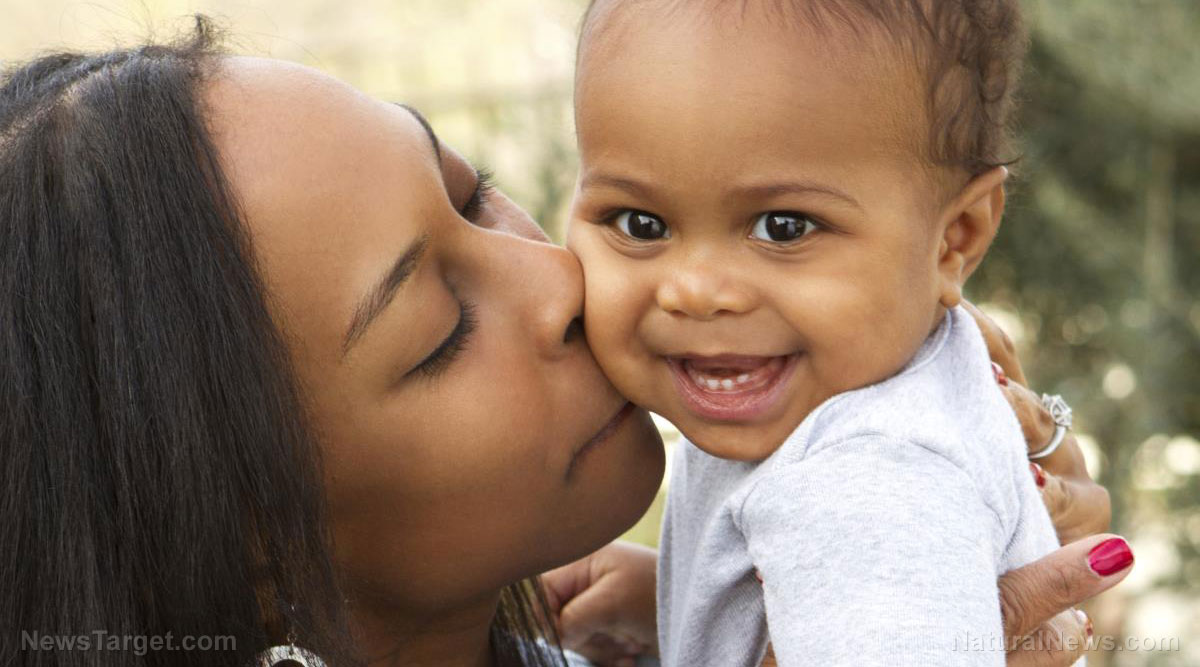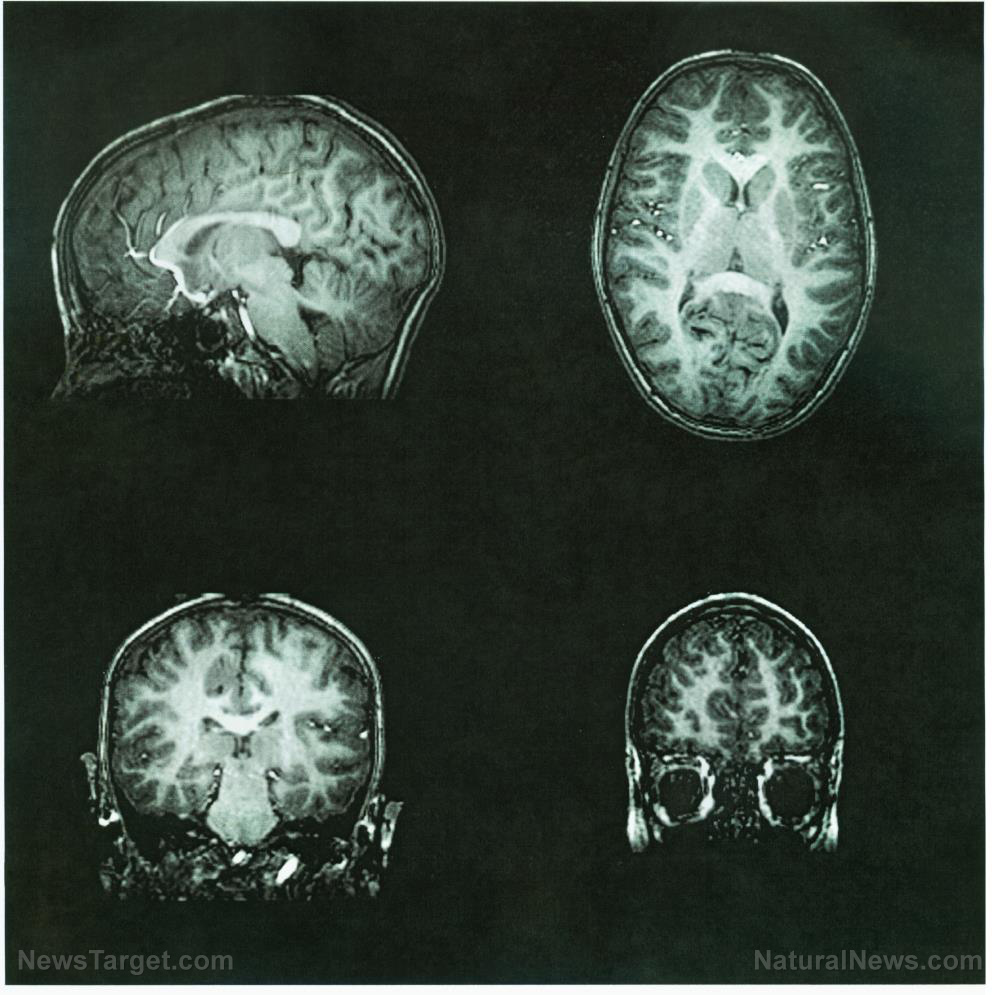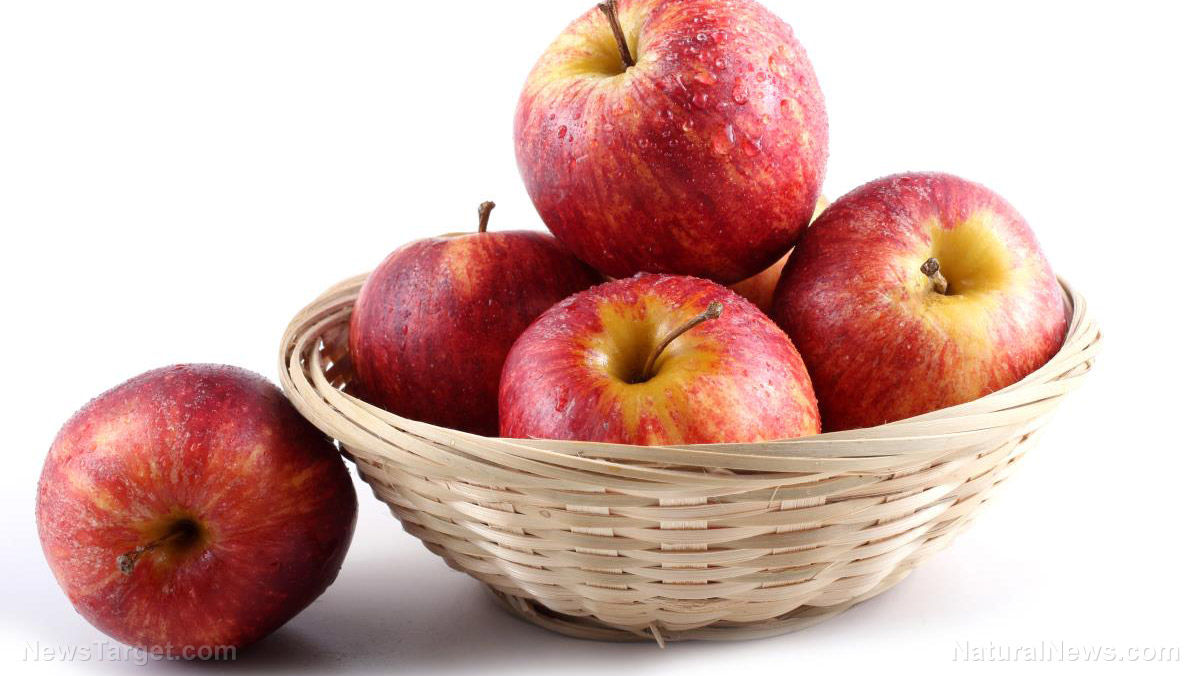Did you have a C-section or take antibiotics while pregnant? Give babies probiotics to avoid diseases like asthma, diabetes
12/22/2017 / By Frances Bloomfield

Probiotics are microorganisms believed to support and sustain gut health, which has led to them being recommended for adults and children alike. New research, however, has suggested that babies can benefit from probiotics as well. Giving babies a probiotic a day after their first week of birth can protect them from diabetes and asthma, reported the DailyMail.co.uk.
To arrive at this conclusion, researchers from the University of California, Davis monitored 66 babies. Half of the babies were given a three-week course probiotic containing Bifidobacterium longumsubspecies infantis, an important bacteria in the guts of babies. The probiotic was combined with the babies’ mothers’ breast milk and administered via syringe.
Although all the babies in the study were being breastfed, fecal analysis revealed striking differences between the two groups of infants. The babies who’d been given probiotics had a significantly larger number of B. infantis bacteria. On top of that, the researchers discovered that these bacterial colonies remained in the babies’ systems for at least another month.
“Even though we stopped giving the probiotic on day 28 of life, the particular organisms we gave stayed in their fecal community out to 60 days and even longer. They were surviving and dominating, and that’s something we really have not seen before,” said study author Mark Underwood.
The researchers believe that the durability of these bacterial colonies can be attributed to the sugars found in the mothers’ milk. Also known as oligosaccharides, these breast milk sugars may have fed and nourished the bacteria. This was shown on further analysis, wherein the babies who had received probiotic supplementation were said to have less potential pathogens and higher lactate and acetate levels. As per MedicalXPress.com, both acetate and lactate are beneficial byproducts of milk sugar fermentation.
“If mom can’t breastfeed for whatever reason, our hypothesis would be if you give that baby a three-week course of this probiotic and a formula with added human milk oligosaccharides, colonization should happen and persist as long as they’re on that formula,” noted Underwood. (Related: Probiotics taken during pregnancy decrease risk of allergies in kids.)
Remarking on the findings, Glenn Gibson of the University of Reading told the DailyMail.co.uk: “The study is extremely important in that it shows how important a healthy gut microbiome is. The work had major implications for reduced infection rates and atopic issues like eczema and asthma.”
The fact that probiotics can improve the gut health of babies means that probiotics are highly important for babies born through cesarean section. Infants who aren’t delivered naturally aren’t given the opportunity to encounter the bacteria found in the birth canal and rectum; instead, they’re immediately greeted by the bacteria from their mothers’ skin and the hospital environment.
According to ScienceAndSensibility.org, this presents a huge problem for babies since the bacteria that populate the lower intestine are markedly different from babies who were naturally born. These bacteria are less stable and lower in number, qualities that lead to an underdeveloped immune system. Taking antibiotics during pregnancy has been found to have a similar effect on gut bacteria growth. As such, giving babies probiotics in addition to breastfeeding them can do wonders for their immune systems.
From here, Underwood and his colleagues plan on looking into how breast milk and probiotics can impact premature baby gut health.
Visit MindBodyScience.news today to read up on more stories about health and wellness for all ages.
Sources include:
Tagged Under: babies, C-section, disease prevention, gut bacteria, gut flora, gut health, infant health, probiotics




















